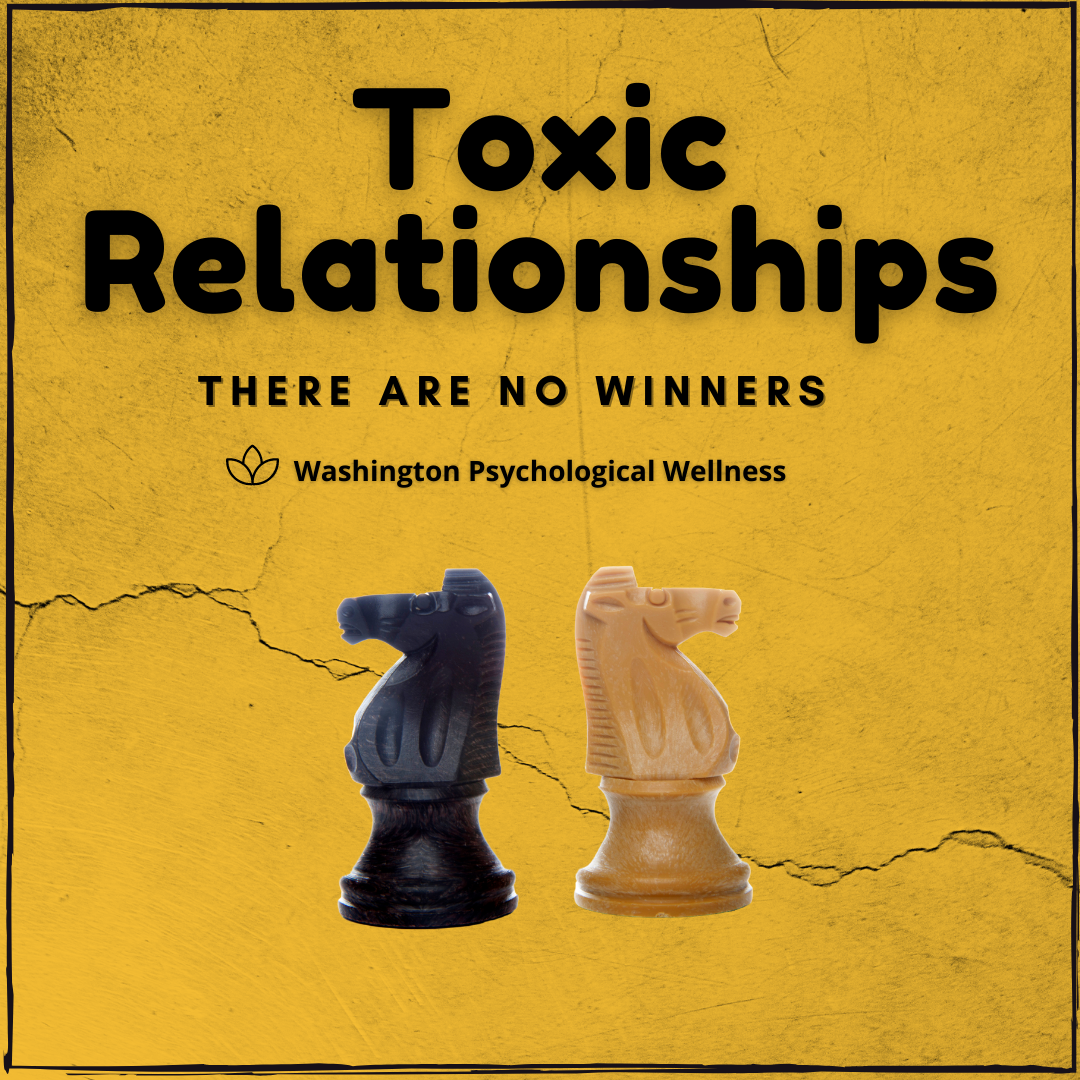
Signs You Might Be in an Unhealthy Relationship
What do you consider a strong, healthy relationship? Being in any type of relationship isn’t always easy and takes work. Whether it’s your family or partner, a good relationship should make you feel safe, cared for, respected, and free to be yourself. On the opposite end of the spectrum are toxic relationships–the ones that make you feel uncertain, misunderstood, and stressed. Any relationship that makes you feel worse rather than better can become harmful over time. Toxic or unhealthy relationships can exist in just about any setting, from the bedroom to your family’s living room. Everyone does hurtful things on occasion. But to prevent significant issues from growing down the line, it’s essential to recognize a few toxic signs you might be in an unhealthy relationship.
Signs You Might Be in an Unhealthy Relationship: Toxic Romantic Relationships
Only you can tell if the bad outdoes the good in a relationship. But if you regularly feel uncomfortable, threatened, or unsafe, you may be in a toxic relationship.
Relationships that include physical, verbal, emotional, or sexual abuse are clearly out of the question and are clearly defined as toxic. But there are other, more complex, signs of a toxic relationship, including:
Imbalance. If the relationship is one-sided, one person is typically making the decisions regardless of the situation. In a healthy relationship, decisions are made equally.
Feeling drained. You’re always mentally and emotionally drained in your relationship. This can look like constant worry, anxiety, or even fear.
Continuous disrespect. Your own needs and feelings aren’t recognized. Toxic partners consider what they want more valuable than your comfort and security. When you try to set boundaries, they get pushed aside.
Your thoughts and opinions aren’t welcome. A healthy partner typically doesn’t exclude others’ feelings, ideas, and beliefs; they welcome them. If you feel belittled any time you try to express yourself, you may be in a toxic relationship.
You are always to blame. Your partner may twist things around, so things are suddenly your fault. We are responsible for our actions. Some people will never own when they are wrong because they want you to believe they are superior. Be wary of people who refuse to take responsibility for themselves and their actions.
A lack of trust. Like a friendship, healthy relationships are built off of authenticity, reliability, and trust. An unhealthy relationship is like being in a car without gas-it won’t go anywhere no matter how long you stay in it.
There’s constant criticism. Constant criticism never helps anyone improve, nor does it make things any better. It only diminishes a person’s self-worth.
You’re isolated. A relationship is not enmeshment. Feeling like you’re secluded from family members, friends, or society in general, is a slow method of abuse that shrinks your support network and destabilizes you.
Relationships are essential, and a toxic one can cost you a great amount of time and energy. Unfortunately, unhealthy relationships aren’t just limited to romantic ones.
What Makes a Family Unhealthy?
Depending on your upbringing and current situation, you may have positive, negative, or diverse feelings about your family. Unfortunately, dysfunction is the “norm” in so many families; it’s challenging to recognize a healthy relationship.
If you’ve encountered an unhealthy family dynamic, sometimes merely getting a phone call from a parent or even thinking about them can trigger intense anxiety.
All families endure some amount of dysfunction. But, there are some clear signs you can look for to identify a toxic family member, or unhealthy patterns of behavior:
It’s hard to trust. It’s not unusual for a toxic family member to share private information or life struggles with people outside of the family. They often have little to no regard for how these violations of trust affect others’ emotional well-being.
Comparisons. Phrases such as “Why can’t you be more like your brother?” arise from expectations. These comparisons can be obvious, like supporting one child’s preferences over another’s, or indirect, like passive-aggressive comments and insults.
Their love is conditional. Family members may be especially manipulative with their affection, giving love only when they want something in return.
There’s constant criticism. You may be constantly reminded of the past since no one’s known you longer than your family members have. They may draw from any mistakes or personal failures and bring up things you prefer not to discuss.
Poor or nonexistent communication. There’s no sense of understanding between your family members. Whether it’s giving you the silent treatment for days after an argument, or passive-aggressive communication, it’s a form of manipulation. There may always be some amount of tension, or you don’t feel safe interacting with them.
Dysfunctional families typically have a long history of preserving unhealthy cycles of interaction. Ultimately, these cycles continue to repeat themselves and appear in other relationships until they’re acknowledged.
Getting Help
Not every unhealthy relationship can be avoided, but it can be manageable. Healing and change is possible.
For those who are ready, family and relationship counseling may be effective tools in better understanding the unique interactional patterns and cycles.
Washington Psychological Wellness offers therapy services from professional psychologists, counselors, and social workers trained in relationship and family counseling.
In couples therapy, our clinicians will facilitate communication between you and your partner to uncover the root of the conflict, understand each others’ feelings, and discuss potential behavior changes.
Additionally, your family’s emotions will be heard, honored, and validated in family therapy. We encourage a safe space to share worries, fears, and frustrations. Our clinicians are non-judgmental, safe, and accepting of all individuals, couples, and relationships regardless of sex, gender, religion, ethnicity, diversity, and other precipitating factors.
Contact us today to get started on your path toward healing your relationships. We are here to help! Signs You might be in an unhealthy relationship.
Related Content
Couples Communication Workshops: Do They Really Work?
7 Tips To Consider Before Admitting To An Affair
8 Questions to Ask a Couples Counselor
References
